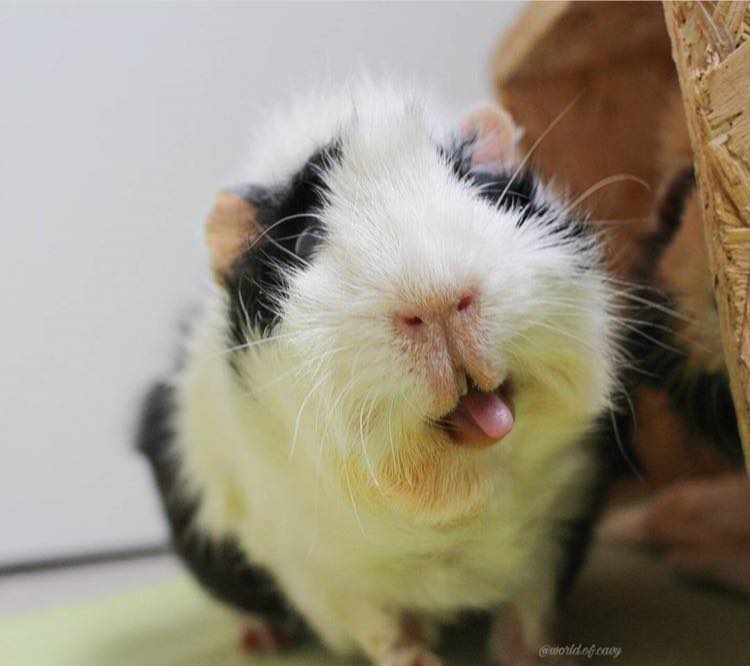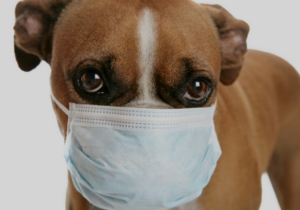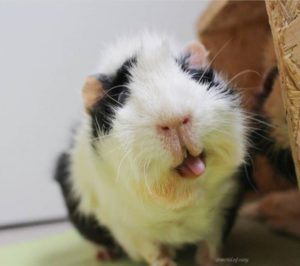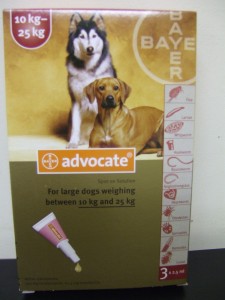Our Spring 2018 newsletter has arrived. As the weather warms up, we’ve put together some top tips to help you keep your pets happy and healthy in 2018!
Included in our Spring 2018 newsletter :
Vital Vaccinations.
It is important to keep up with annual vaccinations, the diseases we vaccinate against can cause life threatening illnesses. Learn more about the diseases your pet could catch in our newsletter.
Understanding Kennel Cough!
Read our newsletter to the symptoms commonly involved with this condition. Kennel Cough is a highly contagious condition and can be picked up from virtually anywhere your dog goes – don’t be fooled by the name. To ensure your dog is protected, a vaccine is available to reduce the risk of your dog developing the disease. Since Kennel Cough is so easy to catch why not contact us to arrange your dogs vaccine today.
Guinea Pigs make excellent pets.
Like all pets, Guinea Pigs have specific requirements to help ensure they are happy and healthy. Our Newsletter explains the basic requirements for keeping Guinea Pigs; Including what to feed them. Their diet is vitally important to ensure they are healthy and do not develop dental disease. Our newsletter also advises which branches you can give to your guinea pigs to help prevent overgrown teeth.
Hyperthyroidism and Hypothyroidism – whats the difference?
Both conditions relate to the Thyroid glands located on either side of your pet’s neck. The glands regulate your pet’s metabolic rate. Our newsletter explains the differences between these 2 common conditions and the signs to watch out for in your pet.
Our Spring 2018 Newsletter is available now, read it here.








